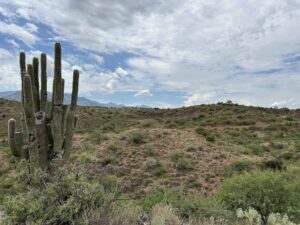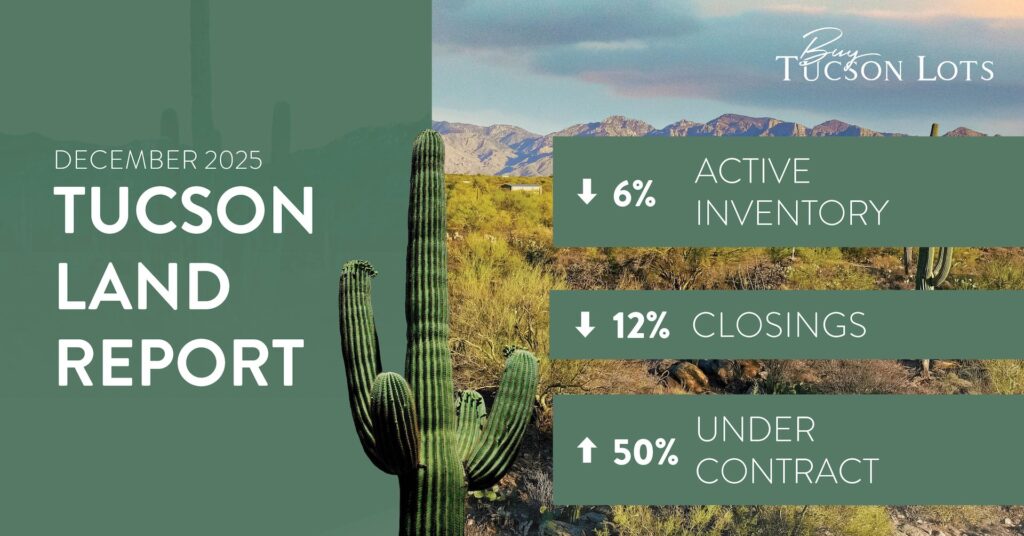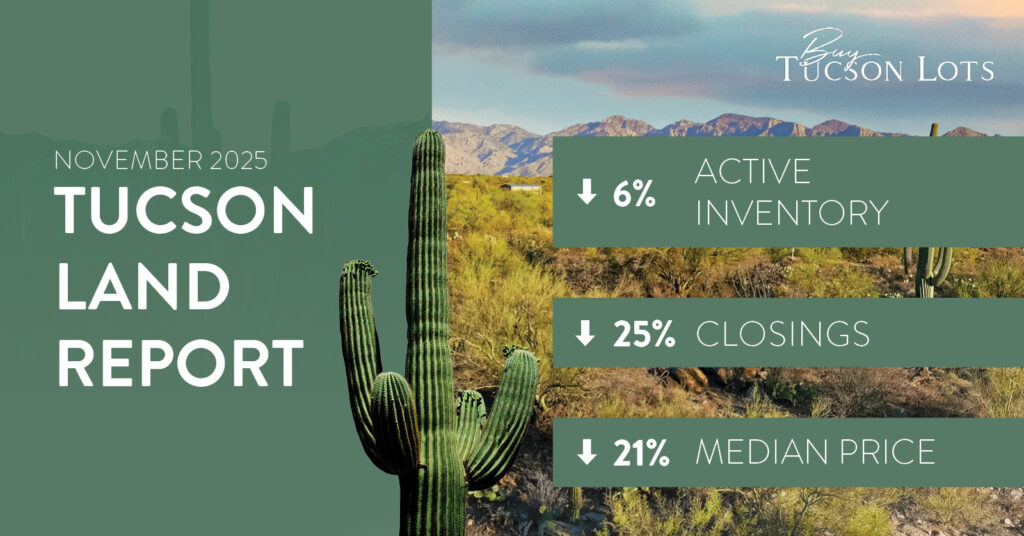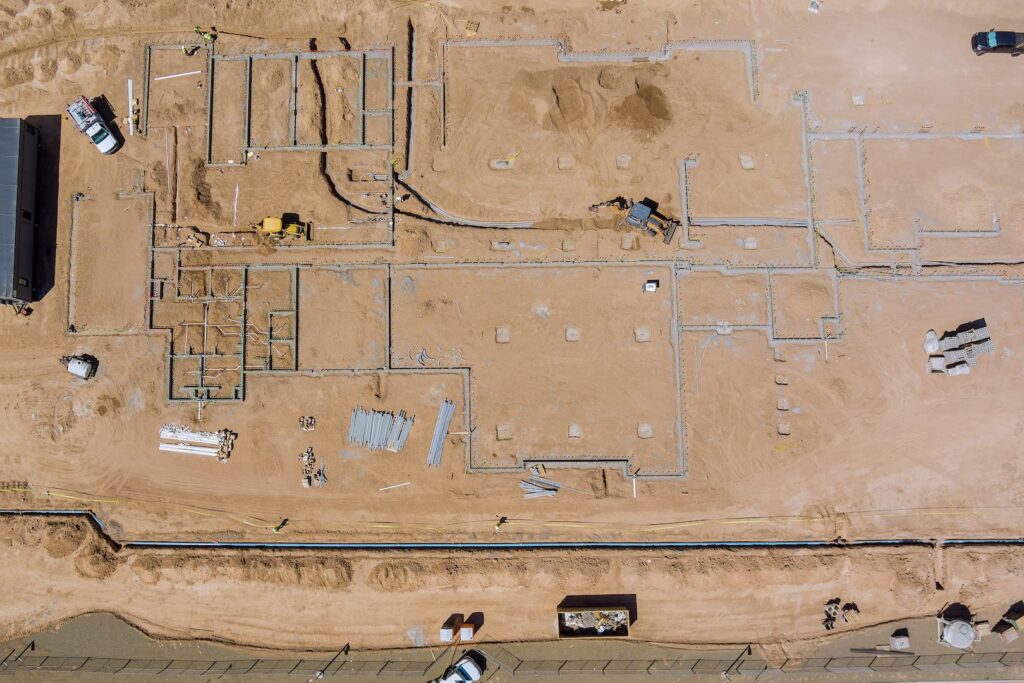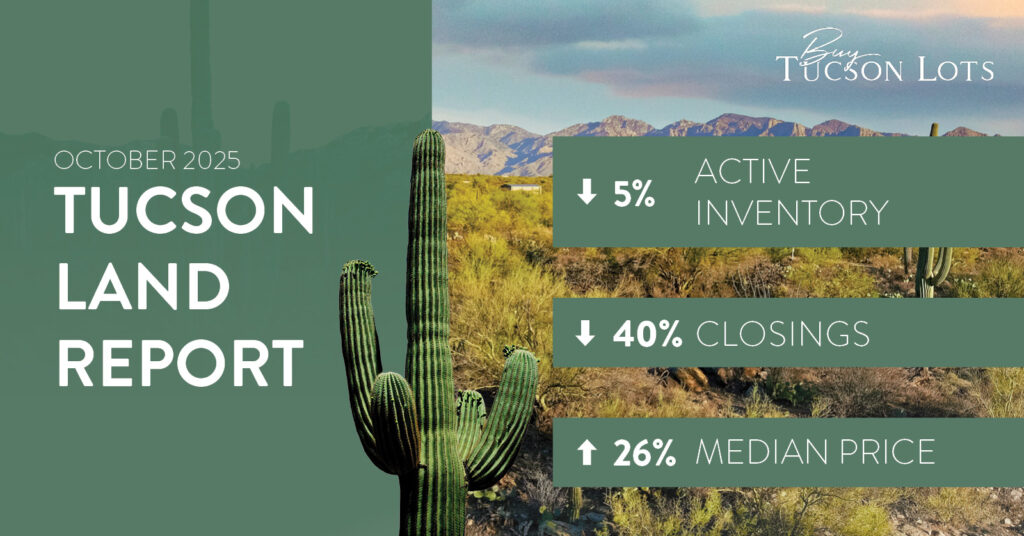As we move from 2019 into 2020, economists project that another recession is not likely for many more years to come. In fact, they track positive trends for both Tucson and Arizona as a whole, including rising income, job growth, and migration to the state for jobs.
Specifically, job growth can be seen within the manufacturing, construction, and healthcare industries.
“Manufacturing job growth is the fastest it’s been in 23 to 24 years, almost a quarter century since we’ve seen manufacturing job growth at this pace,” George Hammond, director of the Economic and Business Research Center, said. “That’s good for growth, as those are high paying jobs, and Arizona, particularly Tucson, manufacturing is oriented towards defense and aerospace.”
During the University of Arizona Eller College of Management’s 2019 Economic Outlook Luncheon, economists pointed out that Tucson’s job growth was on an upswing.
In fact, in the third quarter of 2019, Arizona added 72,100 jobs, which translates to 2.5% growth. The national growth percentage sat at 1.5%. Overall, Arizona’s job gains were in four industries: education and health services (+20,100 jobs); construction (+16,500 jobs); manufacturing (+9,200 jobs); and trade, transportation, and utilities (+8,600 jobs).
Moreover, Tucson has been above the national average in job growth and has been pulling close to that of Phoenix, Arizona, as well. Income growth is also increasing. This benefits retail sales, which corresponds to sales tax too.
These positive shifts in Arizona’s economy are also showing a boost in population growth. While historically, state migrants have been retirees, more recently, there has been a boost in people moving to Arizona for work. However, Arizona is also seeing a statewide baby bust, where the birthrate is lower than the death rate as society ages and fewer people are having children.
An area that seems most promising for continuing to improve the economy is education. As it is now, the number of working-age people with higher education is lower than the national average, meaning there is room for growth.
Statistically, areas with individuals who have bachelor degrees or higher generate job growth, population, increased income, and more.
Other areas to watch are automation and AI technology. Machines are impacting the economy and taking over jobs that humans used to do, but this isn’t all bad. However, economists point out that while businesses can profit from machines taking over jobs that humans used to do, it’s important that changes are made to financially benefit workers too.
While fears of a recession are not unusual, economists point to positive trends.
“The U.S. economy is basically back to full employment, all those pockets of unemployment are gone, the inflation dynamic is so well behaved and we see a financial system as well balanced as this is…I would wonder why people are talking about this, about recession.” Jim Glassman, Managing Director and Head Economist for Commercial Banking, said.
Of course, certain factors can be concerning such as the trade wars, tariff threats, and more. Knowledgeable economists see the slowing down of the economy as something that points to a sustained rhythm rather than a recession.
While economists don’t believe a recession is coming, a few do point out that if a recession arrives that it won’t be as severe as what occurred between 2007 to 2009. They base those beliefs on the fact that there’s a lack of imbalances that were noted during that time.
For 2020, economists believe that Arizona will only continue to add jobs and see overall growth. According to Lee McPheters, Research Professor of Economics and Director of the JPMorgan Chase Economic Outlook Center at Arizona State University, Arizona is expected to add 70,000 jobs in 2020. He also predicts that the average annual income for Arizona workers will increase to $55,600.
All in all, Arizona promises a strong economy for 2020.


